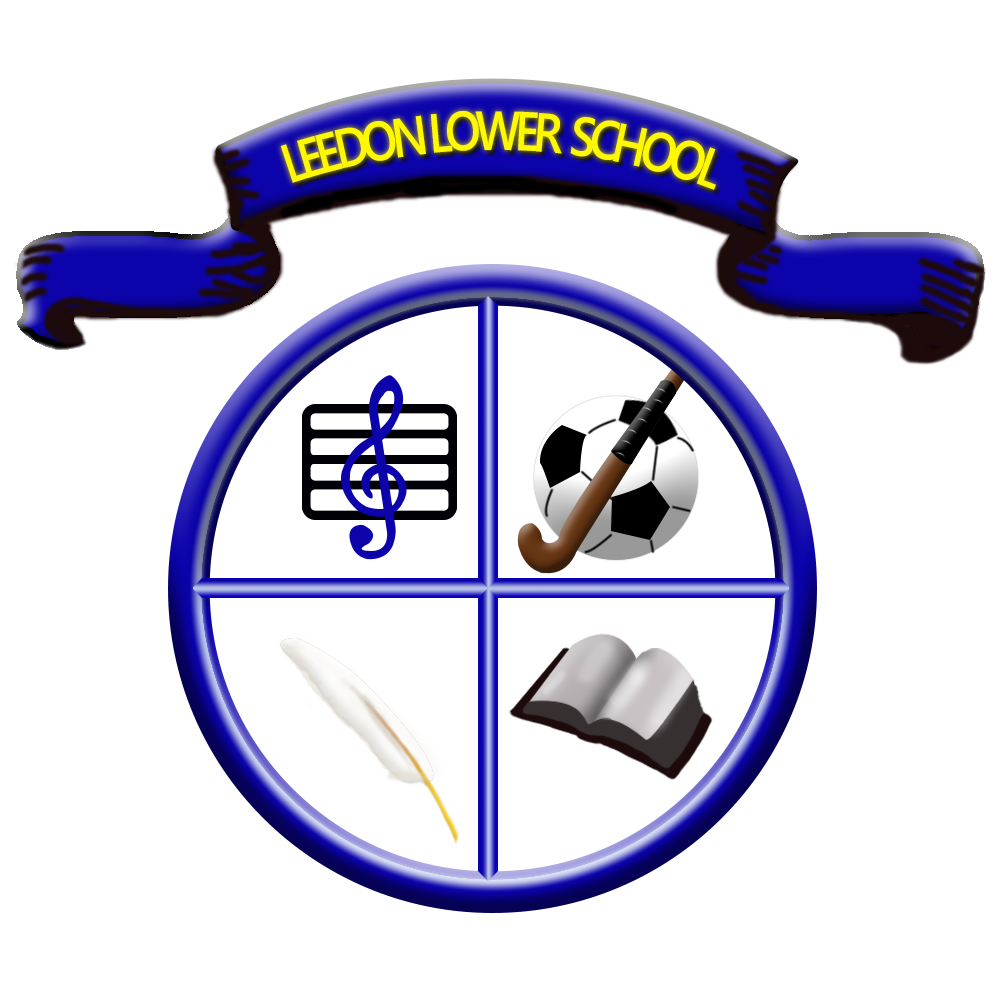History
History at Leedon Lower School
Intent:
Through teaching History in our school, we intend to spark an interest and curiosity in children and lead them to enquire more about the past. Our high-quality history lessons lead children to build upon knowledge and previous skills, beginning to think and act as historians. Pupils’ knowledge and skills are developed as they progress through the school. Learning about History in a cross-curricular way, the children begin to understand the chronological links between different topics. We motivate our children to be active learners by engaging them with a range of learning opportunities, enrichment activities and trips that give each individual an opportunity to question and embrace the past. Our curriculum aims to embrace the use of Historical evidence within lessons to support children in their enquiry and understanding of each topic. We aim to provide children with opportunities to support, evaluate and challenge themselves as learners, developing their critical and analytical approach to thinking and learning. At Leedon we combine interactive lessons taught within our school grounds with educational visits to places of local interest. These include regular trips to Holenby House for the study of WWII for Key Stage 2 pupils and the Norfolk coast seaside visit for our Key Stage 1 children.
Implementation:
Pupils’ knowledge and skills are built up and developed as they progress through the school. Their growing knowledge and skills about the past should help them to deepen their understanding of World History, the relationship between significant past events and the links to their lives today. History is taught within topics throughout the year to enable children to achieve depth in their learning. By the end of Year 4 the school hopes to produce children who have a chronological understanding of British History. Children are able to make comparisons and connections between different time periods and their own lives. This is interlinked with studies of World History. Planning is informed by and aligned with the National Curriculum. Consideration is also given to how we are enabling all children to make progress from their starting points. The Early Years Foundation Stage (EYFS) follows their own curriculum, which aims for children to have an ‘Understanding of the World; people and communities, the world and technology’ by the end of the academic year.
Impact:
Our History Curriculum is planned to demonstrate progressions across the EYFS and primary phases. The impact of our curriculum is measured against the objectives laid out in the National Curriculum, using the following approaches:
- Children will be taught a rich and varied curriculum that ensures progression through each topic and year group.
- Pupil discussions about their learning;
- Engagement in enrichment opportunities such as trips; home learning; working in outdoor learning environments;
- Tracking children’s progress through each topic.
